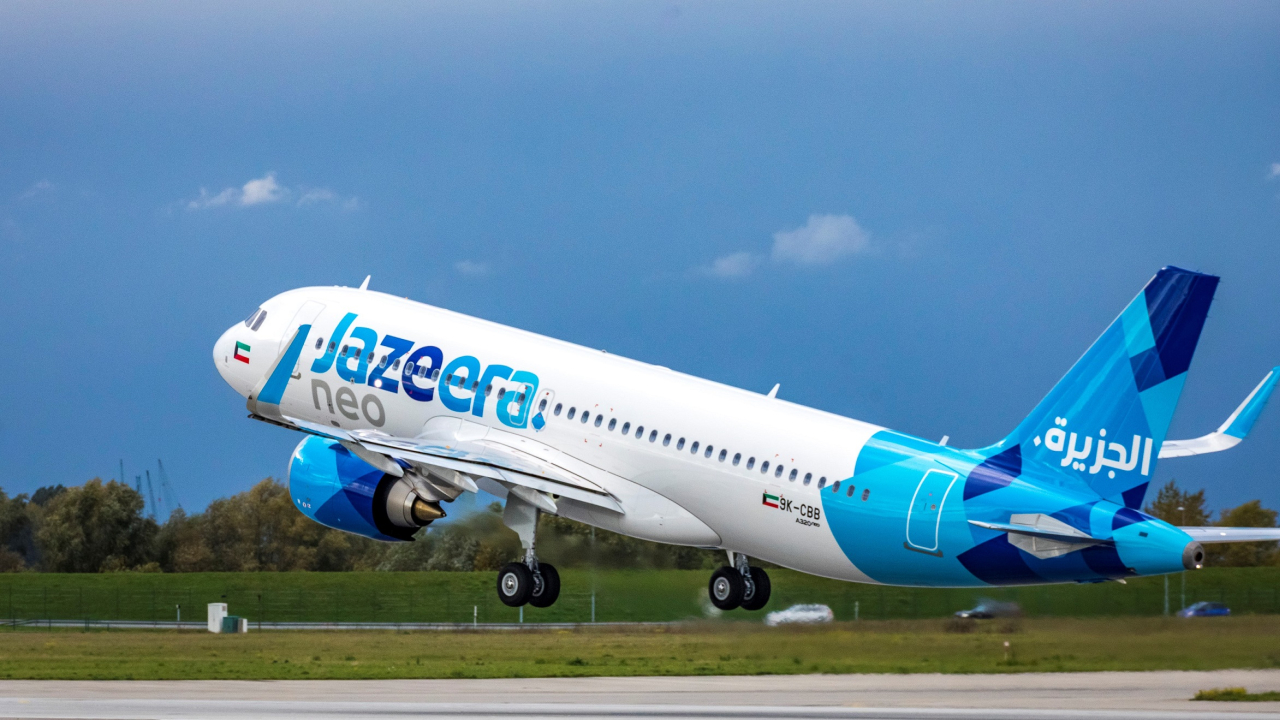Engine contest re-opens as Edelstenne revises plans for new Falcon jet

The Rolls-Royce contract was headline news at the last Paris Air Show two years ago and was seen as a major breakthrough in a fierce competition that had pitted five major engine players against each other to produce a 10,000 lb. thrust engine.
But speaking at a pre-show press conference at Dassault’s St Cloud headquarters this morning, Dassault president Charles Edelstenne said the current global financial crisis had given the company an opportunity to work more closely with customers. Talking about the SMS specifically he says Dassault is “taking the time to run a fine toothcomb through every detail to make sure we reach our technical and financial goals once the crisis is over.”
Edelstenne told Arabian Aerospace that this meant the Rolls-Royce engine contract was no longer valid. “We could not work under such a constraint,” he said. “It is still open and not set in stone. If you have such constraints then you limit possibilities.”
“Innovation and investment are more than ever the watchwords.”
This decision will be good news for the other engine makers. In the original competition Rolls beat General Electric, Honeywell, Pratt & Whitney and Snecma. The latter was hoping the Dassault project could turn into the launch customer for its Silvercrest family, but officials for the French engine maker conceded at the time that the competition came a bit early for them. But now the Silvercrest could become the favourite with Snecma’s CEO Philippe Petitcolin, confirming “ there is one active prospect today.”
Rolls-Royce’s President of civil aerospace Mark King said, “The RB282 is positioned as a new two-shaft family with one very clear potential application in the Dassault Falcon, and a number of other possibilities. Some of the aircraft manufacturers are looking at the timing and positioning of their aircraft, so it’s still quite a fluid market.
Edelstenne also confirmed that flight testing of the Falcon 900LX will commence in the first half of 2010 with certification and delivery to service expected later that year. The flagship Falcon 7X has now enjoyed some 12,000 hours in service. “Customer feedback confirms that the handing and comfort of the aircraft are much appreciated. It recently qualified to operate from London City Airport which is only accessibleto aircraft that have demonstrated excellent handling, short takeoff and landing capability and low environmental impact,” Edelstenne said.
Stay up to date
Subscribe to the free Times Aerospace newsletter and receive the latest content every week. We'll never share your email address.

